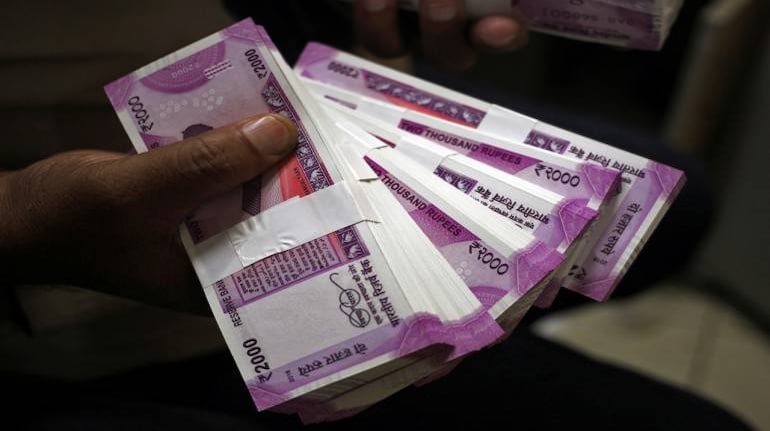



In India, co-operative banks play a crucial role in rural financing, with funding of areas under agriculture, livestock, milk, personal finance, self-employment, setting up of small-scale units among the few focus points for both urban and rural cooperative banks.
They provide a much-needed alternative to the age-old exploitative practice of people approaching the village moneylender, most often getting into a debt-trap that they struggle to pull themselves out of.
The cooperative banking system came into being with the aim to promote saving and investment habits among people, especially in rural parts of the country.
What are co-operative banks?
Co-operative banks are financial entities established on a co-operative basis and belonging to their members. This means that the customers of a co-operative bank are also its owners. These banks provide a wide range of regular banking and financial services. However, there are some points where they differ from other banks.
Structure of co-operative banks in India
Broadly, co-operative banks in India are divided into two categories - urban and rural.
Rural cooperative credit institutions could either be short-term or long-term in nature. Further, short-term cooperative credit institutions are further sub-divided into State Co-operative Banks, District Central Co-operative Banks, Primary Agricultural Credit Societies.
Meanwhile, the long-term institutions are either State Cooperative Agriculture and Rural Development Banks (SCARDBs) or Primary Cooperative Agriculture and Rural Development Banks (PCARDBs).
On the other hand, Urban Co-operative Banks (UBBs) are either scheduled or non-scheduled. Scheduled and non-scheduled UCBs are again of two kinds- multi-state and those operating in single state.
Who oversees these banks?
In India, co-operative banks are registered under the States Cooperative Societies Act. They also come under the regulatory ambit of the Reserve Bank of India (RBI) under two laws, namely, the Banking Regulations Act, 1949, and the Banking Laws (Co-operative Societies) Act, 1955.
They were brought under the RBI's watch in 1966, a move which brought the problem of dual regulation along with it.
Brief history
The problem of rural credit was the key reason behind the advent of the co-operative movement in India, which began with the passage of the Co-operative Societies Act in 1904.
The next addition was the Co-operative Societies Act, 1912, which focussed on the need for regulation of such societies and hence the establishment of appropriate bodies to oversee their functioning.
Discover the latest Business News, Sensex, and Nifty updates. Obtain Personal Finance insights, tax queries, and expert opinions on Moneycontrol or download the Moneycontrol App to stay updated!
Find the best of Al News in one place, specially curated for you every weekend.
Stay on top of the latest tech trends and biggest startup news.